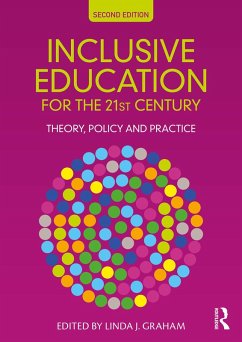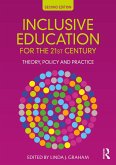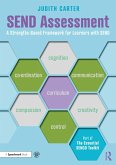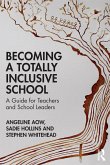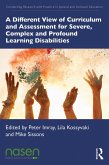It explores evidence-based strategies to support diverse learners, including specific changes in curriculum, pedagogy and assessment practices, and the use of data. It addresses the needs of children with physical, sensory and intellectual disabilities, as well as those with complex learning profiles, including mental health issues. This second edition is rich with new content, including eleven new chapters which address learning from international experience, multi-tiered systems of support, leading inclusive education reform, the importance of language and supporting friendships. A new section has been added to provide explicit support for implementing systemic inclusive education reform from the policy level right through to classroom practice. A new series of podcasts, featuring interviews with expert chapter authors, offers an engaging complement to the chapter topics and content.
With many schools still operating under twentieth-century models that disadvantage students, this book presents the deep knowledge, tools and strategies to better equip pre- and in-service teachers and leaders to make inclusive education a reality in all schools.
Dieser Download kann aus rechtlichen Gründen nur mit Rechnungsadresse in A, B, BG, CY, CZ, D, DK, EW, E, FIN, F, GR, HR, H, IRL, I, LT, L, LR, M, NL, PL, P, R, S, SLO, SK ausgeliefert werden.
Robert C. Pianta, Batten Bicentennial Professor of Early Childhood Education, University of Virginia, USA
"This book offers a rallying call grounded in theoretical and practical insights into the current state and future possibilities for inclusive education. For me, a key contribution lies in the focus on access - access for all students through consideration of how opportunities at the classroom level are entangled with national policy as well as international agendas and practices. Also important, the text is engaging and accessible."
Bronwen Cowie, Professor, University of Waikato, New Zealand

